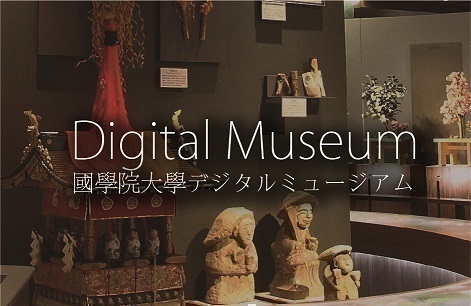- トップ
- Encyclopedia of Shinto
- Ikugui, Tsunukui
Encyclopedia of Shinto
| Main Menu: | |
| Links: |
詳細表示 (Complete Article)
| カテゴリー1: | 2. Kami (Deities) |
|---|---|
| カテゴリー2: | Kami in Classic Texts |
| Title | Ikugui, Tsunukui |
| Text | (Kojiki)(Nihongi) Other names: Tsu no kui(Kojiki, Nihongi) The deities Ikugui and Tsunukui (or Tsunugui) were paired kami which came into being as the fourth of the first "seven generations of the age of the kami" (kamiyo). The name Ikugui comes from iku, which means to be active or vital, and kui (or gui), which means to germinate. As a result, these two kami are viewed as having jurisdiction over the primal vitality of living things. These kami are also considered identical to the Ikumusuhi no kami enshrined by the Jingikan, and the Ikumusuhi no mikoto noted in Shinsen shōjiroku. The tsunu of Tsunukui is said to mean "first becoming," and Tsunukui thus refers to the first form of a kami. Accordingly, these two kami are considered to have domain over fertility and becoming. According to the Muromachi-period scholar Inbe Masamichi, however, these two names were merely alternates for the kami Ōtonoji and Ōtonobe. -Nakayama Kaoru |




